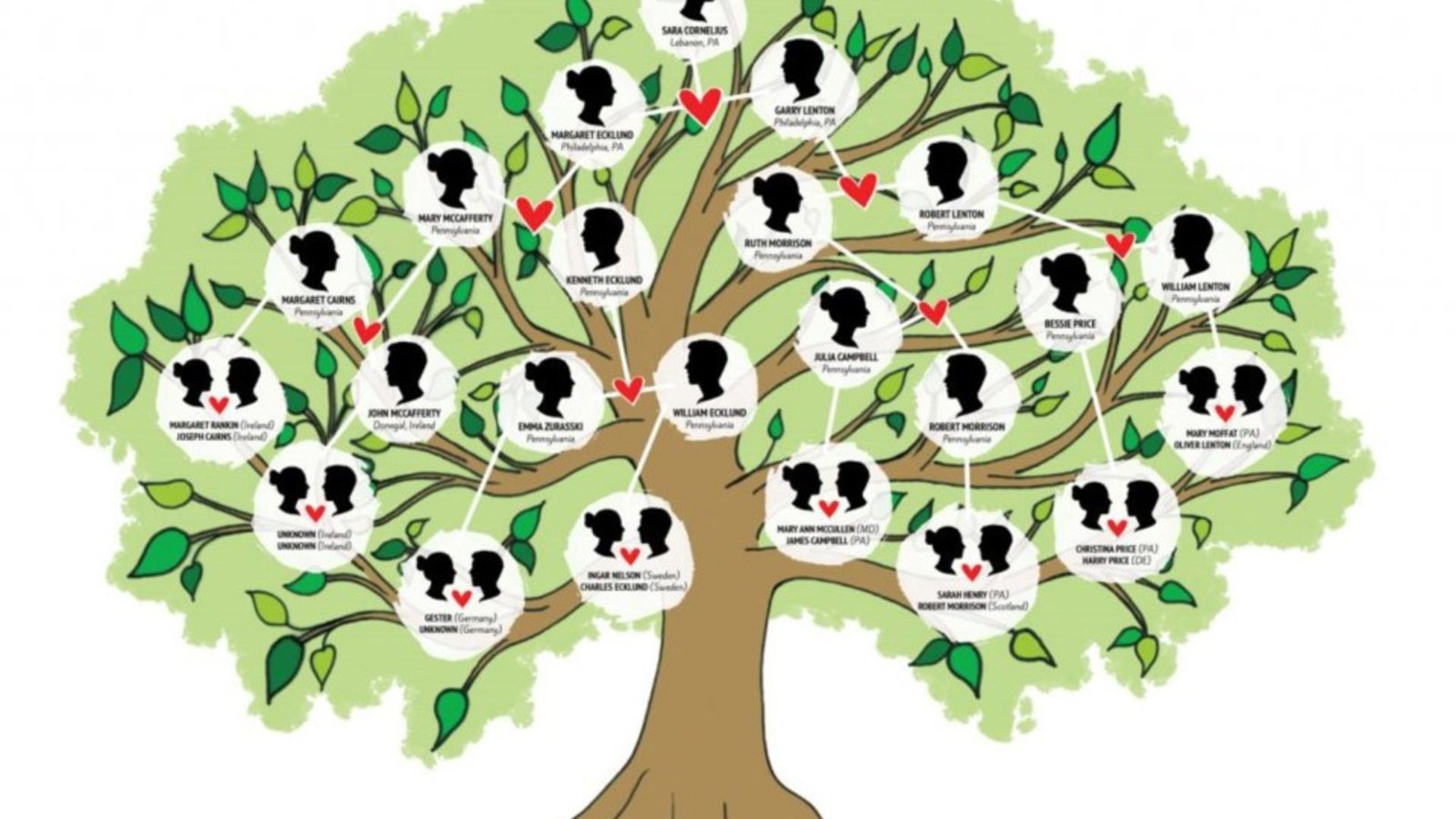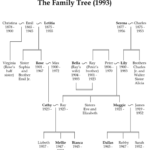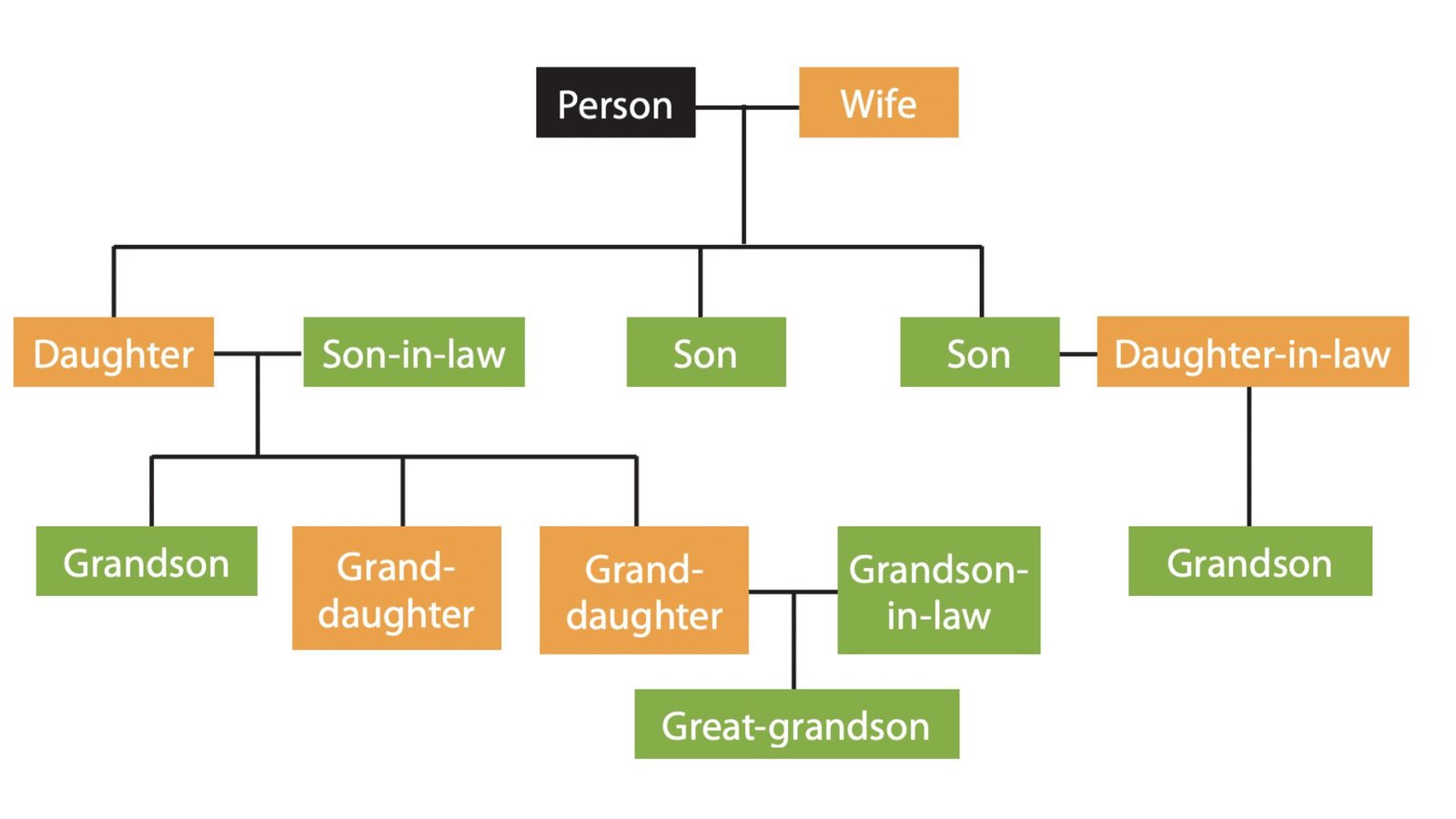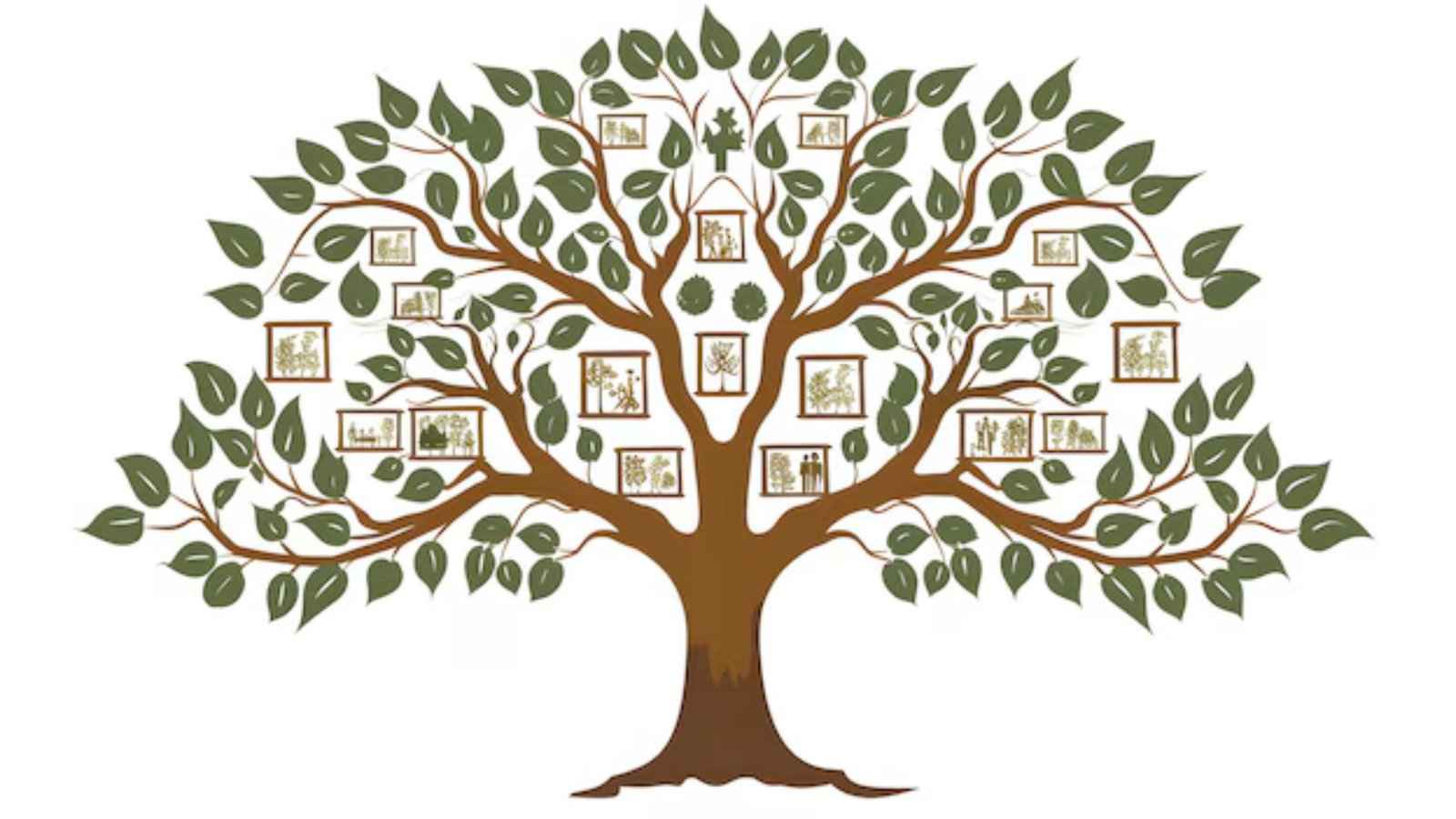Family trees are a vital tool for understanding your ancestry and uncovering the stories of your past. They allow you to trace your roots, connect with distant relatives, and learn about the traditions and cultures that shaped your family. In this article, we’ll explore why family trees are essential for ancestry research and how they can enrich your understanding of who you are.

Family Trees Help You Understand Your Heritage
One of the main reasons family trees are essential for ancestry is that they help you understand your heritage. By tracing your family’s history, you can uncover information about the countries, cultures, and traditions your ancestors were part of. This knowledge can deepen your appreciation for your background and provide a sense of pride in your family’s accomplishments and struggles. Additionally, it may help you connect with cultural practices that have been passed down through generations.
Connecting with Relatives and Discovering New Ones
Family trees are also crucial for connecting with relatives, both near and distant. By building a detailed family tree, you can discover relatives you didn’t know existed and learn about their stories. You may find long-lost cousins, aunts, uncles, or even distant relatives from faraway places. This connection can open up new doors for understanding your family’s past and even building meaningful relationships with relatives you’ve never met before.
Tracking Genetic Health Information
Another reason family trees are essential for ancestry research is that they can help track genetic health information. By documenting the health histories of your ancestors, you can better understand potential health risks or patterns that may run in your family. This information can be useful for making informed decisions about your health and well-being, as well as for sharing important medical information with healthcare professionals.
Preserving Family Stories for Future Generations
Family trees are also an excellent way to preserve stories for future generations. As you uncover the history of your ancestors, you may learn about important events, struggles, or triumphs that shaped their lives. Documenting these stories within your family tree ensures that these experiences are passed down to future generations. This can provide a rich source of knowledge and inspiration for your children, grandchildren, and beyond.
Uncovering Historical Context
Creating a family tree also allows you to explore the historical context in which your ancestors lived. By researching birth dates, marriage records, and immigration patterns, you can gain a deeper understanding of the events and circumstances that influenced your family’s journey. Whether your ancestors lived through wars, migrations, or social movements, these historical insights add richness and depth to your family’s story.
Enhancing Your Genealogy Research
Family trees are an essential tool for genealogy research, making it easier to track and organize your findings. As you search through historical records, such as census data, birth certificates, and marriage licenses, having a well-organized family tree helps you visualize the connections between individuals. This organization is crucial for building a comprehensive family history and for identifying gaps that need further research.
Strengthening Your Family’s Identity
Lastly, family trees are important for strengthening your family’s identity. When you trace your ancestry, you not only learn about your ancestors but also about the values and traditions that were passed down through generations. This can help you better understand your own identity and what it means to be part of your family. It can also provide a sense of belonging and connection to something much larger than yourself.
Conclusion
In conclusion, family trees are essential for ancestry research because they help you understand your heritage, connect with relatives, track genetic health information, preserve family stories, uncover historical context, enhance genealogy research, and strengthen your family’s identity. Whether you’re just starting to explore your roots or you’ve been researching for years, creating a family tree is an invaluable tool for learning more about your family’s past and ensuring that this knowledge is passed on to future generations.










